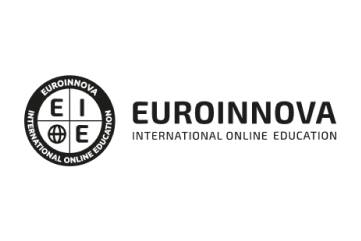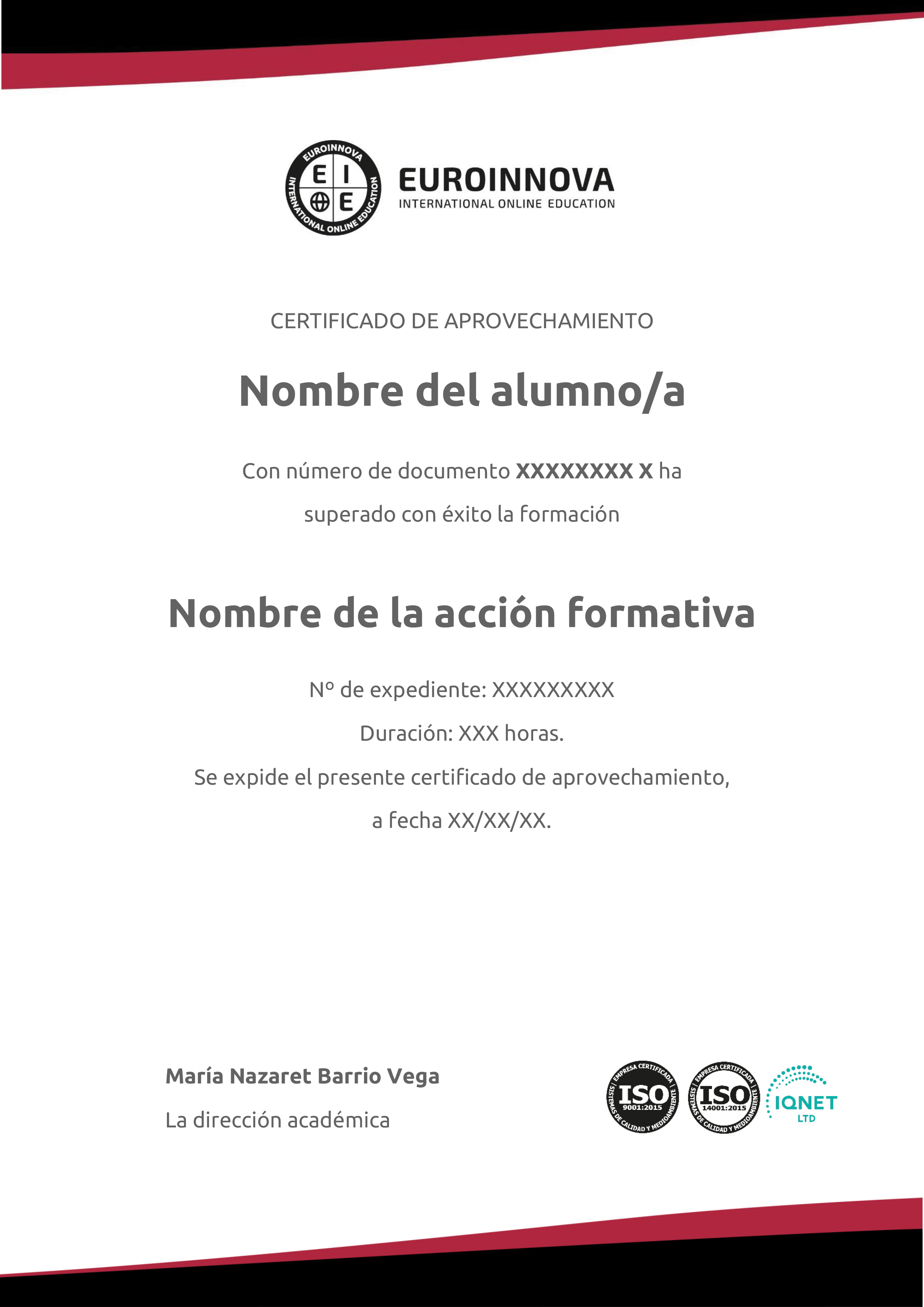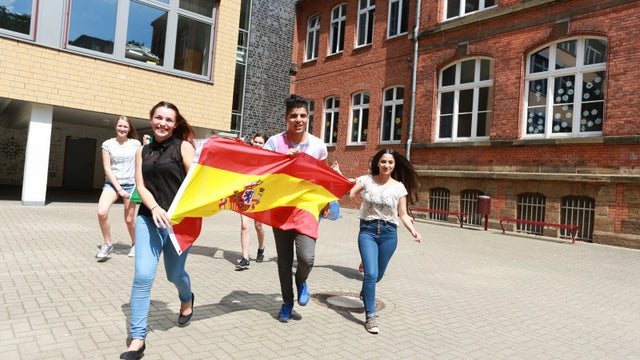Free course in error treatment in the classroom of ELE

Request information


Syllabus
Download syllabus in PDFCurriculum
Summary
The course treatment in the ELE classroom is presented as a unique opportunity to improve your teaching skills in the teaching of Spanish. In an educational context where the demand of ELE teachers is booming, knowing how to handle students' mistakes becomes crucial. This course offers you a deep and practical understanding about the most common types of errors that occur in the ELE classroom. In addition, you will learn effective strategies to correct these errors constructively, thus improving your students' learning experience. Through video lessons, you will discover not only how to identify and treat mistakes, but also how to implement correction techniques that foster a positive learning environment. Training is completely online, which allows you to access the content in a flexible and adapted way to your needs. At the end, you will have acquired the necessary skills to successfully face the challenges of correction in the classroom, making your teaching a more effective and enriching practice. Do not miss the opportunity to raise your professional profile and become a reference in the teaching of ELE.
Goals
Professional opportunities
To prepare you
The course treatment in the ELE classroom prepares you to identify and classify different types of errors that your students can commit. You will learn effective strategies to address these errors constructively, promoting a positive learning environment. In addition, you will dominate correction techniques that will improve the understanding and retention of the language in your students. Although this course does not enable professional practice, it is ideal to update and expand your knowledge in the teaching of ELE.
Who is it addressed to?
The course treatment in the ELE Classroom is aimed at professionals and graduates of the education sector who wish to improve their skills in the identification and management of errors in the teaching of Spanish as a foreign language. Through video lessons, they will learn to classify errors and apply correction strategies. This course does not enable professional practice.
Official Character
This training is not included in the scope of official regulated training (Infant Education, Primary Education, Secondary Education, Official Professional Training FP, Baccalaureate, University Degree, Official University Master and PhD). It is therefore a complementary and/or specialization training, aimed at acquiring certain skills, skills or aptitudes of a professional nature, being able to be barely as merit in workbags and/or opposition competitions, always within the complementary training section and/or continuous training being always essential to review the specific requirements of the public labor stock of the public labor stock market.

Our methodology combines technology, pedagogy and empathy for learning tailored to you.
You set the pace, decide the path and artificial intelligence accompanies you so that you learn better, with meaning and purpose.

Truly personalized learning
Your style, interests and level define the route. You are the starting point.

Constructivism in action
Explore, experiment and apply. Learning means understanding, not memorizing.

AI that accompanies you, not directs you
PHIA, our artificial intelligence assistant guides you without limiting your autonomy.

Evaluation without pressure
Continuous and adaptive feedback. Because learning is a process, not a number.
Certification

Certificate of use and excellence at the end of the training program in Massive Open Online Courses (MOOC)

EducaHub Scholarships
Make your training more accessible: finance at 0% interest and obtain personalized scholarships.
At EducaHub we believe that education should be available to everyone. For this reason, we offer a Scholarship Plan that facilitates your access to practical, current and quality training, eliminating economic barriers.
-25%
Alumni Scholarship: for former EducaHub students.
-20%
Unemployment Scholarship: if you prove that you are unemployed.
-20%
Large Family Scholarship: for families with 3 or more children.
-20%
Disability Scholarship: for people with disabilities ≥33%.
-15%
Emprende Scholarship: for self-employed workers who can prove their activity.
-15%
Recommended Scholarship: if you come recommended by a former student.
-15%
Group Scholarship: for joint registrations of 3 or more people.

An entire educational universe, on a single platform.
An intuitive environment with AI that guides you to train autonomously and with purpose.

Learn at your pace
Courses, master's degrees and official qualifications. 100% online, flexible and at your pace.

Access from anywhere
Available 24/7 on mobile, tablet or PC. You decide when and how to train.

Phia, your AI mentor
It challenges you, motivates you and personalizes your path. Learn with a guide that evolves with you.

LX One Plus: Training without limits
Unlock soft skills, languages and more. Move towards comprehensive and continuous training.



